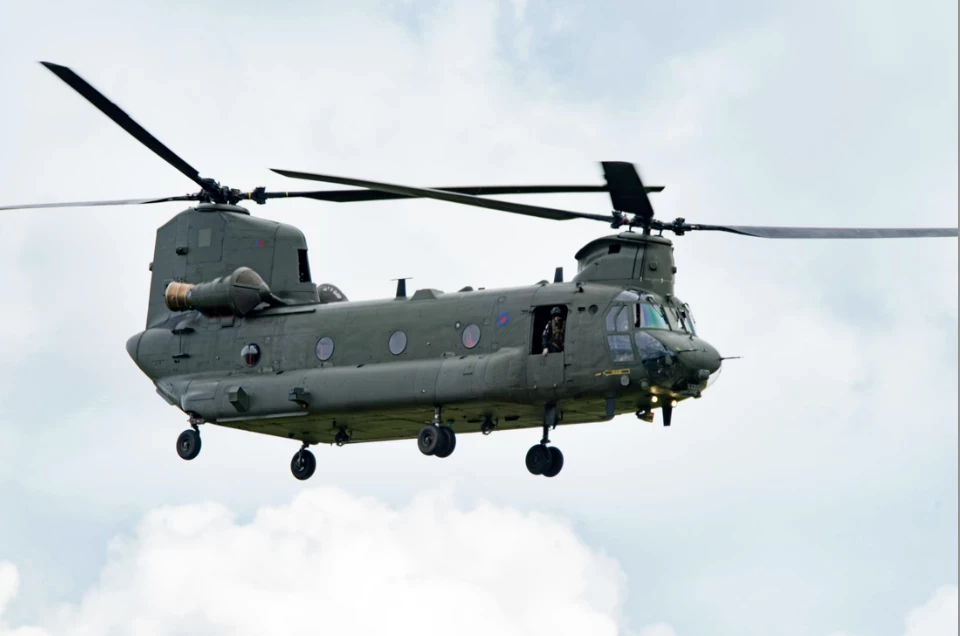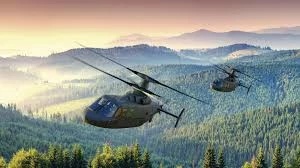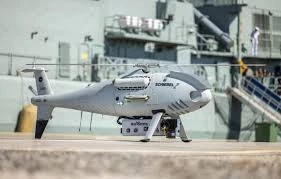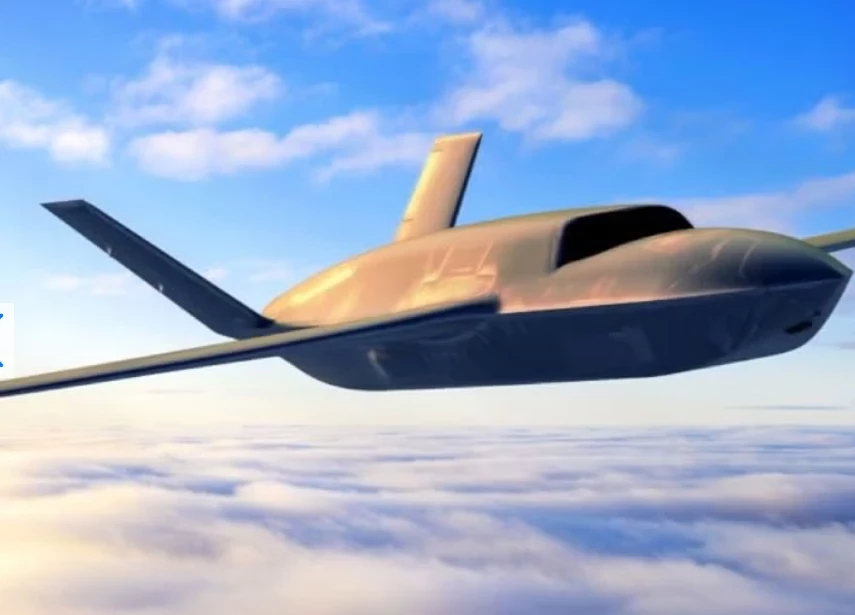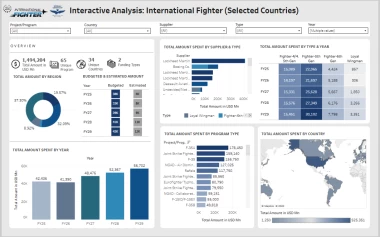The United Kingdom's vice defense chief said today that the decision to buy the carriant-based version of the F-35 fighter instead of the vertical-launched variant was primarily based on the
cost of the former and better capabilities for the latter.
Calling the move from the F-35B to the C model a difficult one, U.K. Gen. Sir Nicholas Houghton said officials determined the price of the vertical-takeoff-and-landing variant would be too high, especially given his nation's dire fiscal situation.
What's more, the U.K. vice defense chief told reporters in Washington before a speech that officials also determined the nation would need the greater "range and payload" planned for the carrier variant.
He also said U.K. defense officials also decided that since key allies like France were slated to buy the carrier variant, following suit would make sense to foster interoperability. To this end, the nation's recently completed strategic defense review states the British military will carry out most future missions and tasks "with alliances and coalitions," Houghton said during his speech.
Going with the carrier variant and Typhoon fighter as the near- and medium-term fleet will allow the U.K. military to transition down the road to upgraded F-35s and possibly unmanned combat aircraft, he said.
That nation's new coalition government used that
defense review to announce a list of force structure cuts and budget-cutting moves, including the F-35 change.
Houghton said he feels the British Ministry of Defence (MoD) came out of the review in good shape, despite the nation's far-reaching efforts to bolster its economic outlook. While other U.K. government agencies took big budget hits, he noted the coalition government still plans to spend just over 2 percent annually on defense.
The review, he said, underscores Britian's longtime security relationship with Washington, while setting in motion a "sensible and mature" plan to ramp up military cooperation with France.
He justified the move to this new cross-channel relationship because the U.K. and French militaries are the two "most capable in Europe."
The new defense review sets in motion the development of a British force that will help the U.K. remain Washington's "most capable" ally.
Houghton did offer a caveat, saying America must understand that British officials will not "misuse" their nation's military power, and will use a rigorous process to ensure any such use is "legal." During his session with reporters and during his speech, Houghton several times noted the British public, after the Iraq and Afghanistan experiences, is collectively reluctant to deploy its military.
He made numerous mentions of future missions largely being ones to combat terrorist groups, carry out stability operations, or prevent/contain conflicts.
So is the U.K. pulling back from the global stage? Houghton said U.K. officials plan for the nation to remain a "significant player" armed with the ability to "project power globally."
The vice chief told reporters he does not anticipate another round of hardware cuts "in the immediate coming years." That, however, is directly linked to how the nation deals with its dire fiscal picture, he noted.
Meantime, in an eyebrow-raising remark to reporters, Houghton said if the Pentagon picks an Airbus-made aerial tanker over a Boeing plane, "that would be a good thing." He said such a move would be a marker of "good faith" between Washington and Europe; "it would make commercial sense"; and would foster interoperability between the U.S. military and other allied nations that operate or are buying the Airbus A330 tanker, including the U.K.











